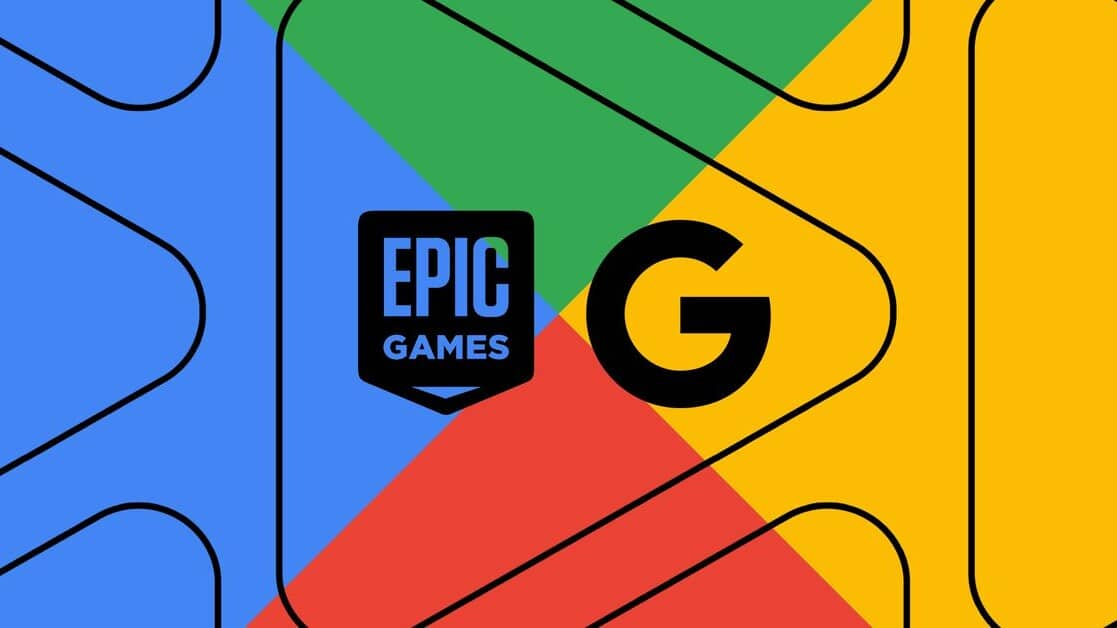
Google challenges ruling that forces third-party app stores on Android
What's the story
Google has officially appealed a recent district court ruling in the Epic v. Google case, which orders the tech giant to permit third-party app stores on its platform.
The landmark verdict, passed by Judge James Donato earlier this week, also orders Google to remove the requirement for apps on Google Play to use its billing system.
The ruling is one of several steps to foster competition in the industry.
Appeal rationale
Google warns of potential risks to consumers and developers
Google's VP of regulatory affairs, Lee-Anne Mulholland, shared the company's concerns over the ruling in a blog post.
She warned that implementing these changes could compromise consumer privacy and security, make app promotion more challenging for developers, and potentially stifle competition on devices.
"While these changes presumably satisfy Epic, they will cause a range of unintended consequences that will harm American consumers, developers and device makers," Mulholland stated.
Legal strategy
Google seeks to halt implementation of Epic's proposed changes
Separately, Google also plans to ask the courts to stay the implementation of Epic's proposed changes.
Mulholland argued that these suggestions are based on a verdict that contradicts another court's dismissal of similar claims made by Epic against Apple.
She emphasized Android's open platform nature, which has always allowed for choice and flexibility like multiple app stores and sideloading.
Market disagreement
Google disputes market definition in court ruling
Mulholland also contested the court's definition of Android as a standalone market.
She compared this with an earlier decision which had recognized Android and iOS as competitors in the same market, which was upheld on appeal.
"The decision ignores what every developer in the world knows — they have to prioritize investing in developing for iPhones and Androids," she said.
Developer focus
Google highlights its efforts to attract developers
Google also said it wants developers to prioritize Android by offering their best features on the platform first.
"So we build tools, run training programs and invest in making it as easy as possible to develop for Android. Apple of course does the same — competing to convince developers to prioritize iOS," Mulholland said.
She also noted that unlike iOS, Android is an open system where developers have always had many options in how they distribute their apps.
Distribution example
Google cites Fortnite's distribution as proof of Android's openness
Google used the distribution of Epic's Fortnite app as proof of Android's openness.
The tech giant noted that Fortnite was available to Android users through the Samsung Galaxy Store, sideloading, and the Epic Games Store - all without being distributed through Google Play.
"These are options that developers have never been able to offer to their American users on iPhones," Mulholland added.
Google argues that the court's ruling and Epic-requested changes put Android's "democratisation" at risk.